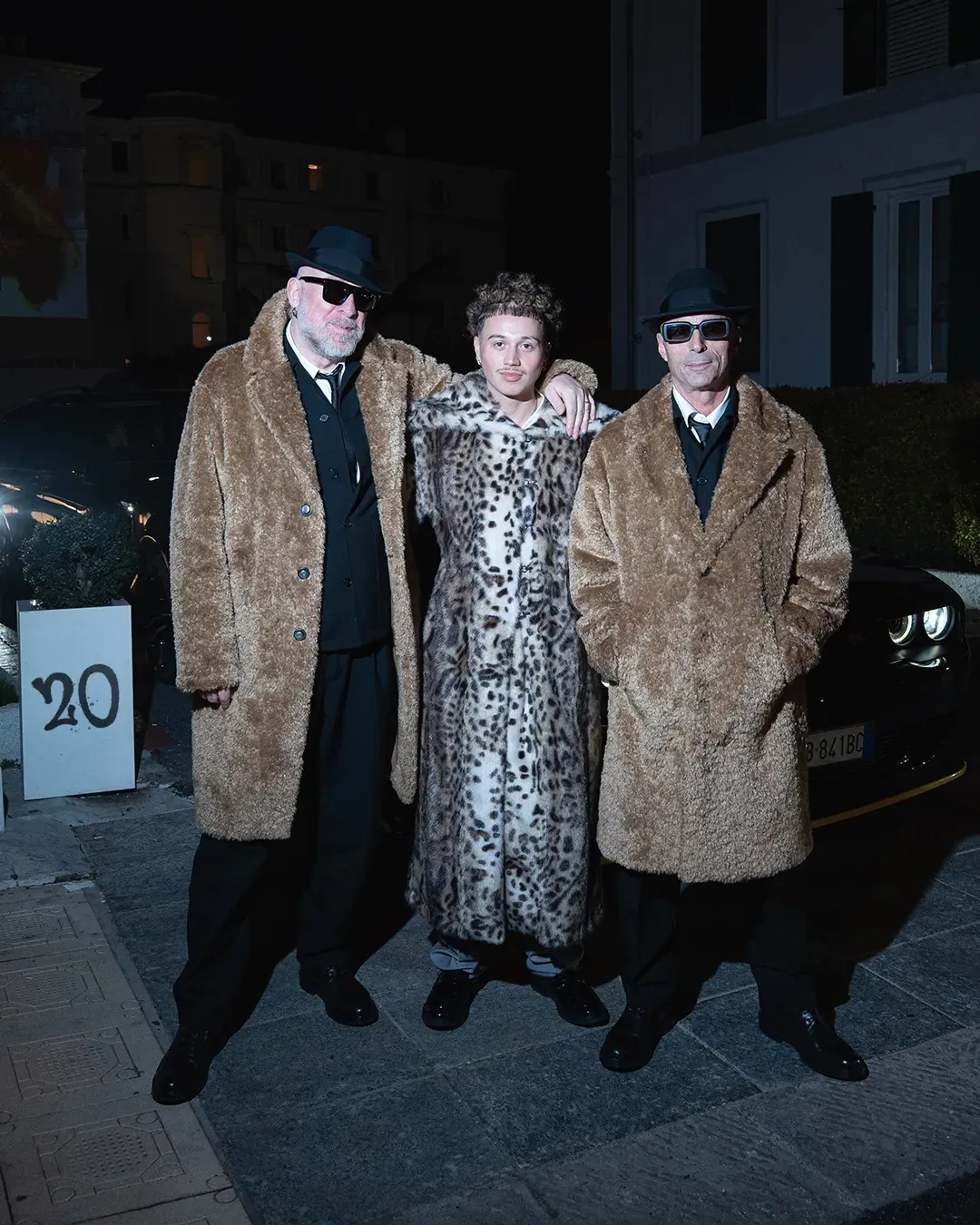
Dossier 137 is structured, impactful political cinema as only the French can make The story is based on real events from the 2018 Yellow Vests protests
The French know how to make political cinema. They never miss a chance to prove it, not even at the 78th edition of the Cannes Festival where Dossier 137 is premiered, written and directed by Dominik Moll, based on real events from the 2018 yellow vests protests, while also building a story with fictional elements. In the midst of the riots flooding the streets of Paris, the tension between police and protesters reached such levels of turmoil that it resulted in damage and irreversible consequences for which someone, in the name of justice, must take the blame. Such is the case of young Guillaume (Côme Péronnet), hit in the head by a police flash-ball, causing a deep wound and a brain contusion that will mark the rest of his life. Investigating the case is officer Stephanie (Léa Drucker), a figure torn between supporting her colleagues and having the duty to uncover the truth.
The protagonist is the balancing point in a flawed and biased system that should regulate its employees' behavior but instead continues to protect them at the expense of citizens. Yet, although it’s clear to the audience which side to take, in a social cinema that invites dialogue while still daring to take a stand, the strength of Dossier 137 lies in concentrating the entire conflict and the tension between citizens and institutions in the figure of Stephanie. Who, as in her final speech, cannot disregard the double role she embodies: both a woman of the law and someone outside her uniform. She is the general inspector of the IGPN, a police oversight body that has often proven to be at fault, while at other times it lacked the proper recognition. But she is also a woman, a mother, a daughter, simply a human being. Capable of compassion and judgment, of empathy while respecting authority. She is the one who remains impartial, even if those around her don’t notice – or more likely, don’t want to. And above all, she is the one on whom Moll places the entire weight of an investigation that the director and writer unfolds and captures as his protagonist does, in a rigorous, no-frills manner, precise and surgical in trying to be as irreproachable as possible.
Léa Drucker is measured in the role she is given, letting go only in moments where Moll grants her some scenes of everyday life, then returning to strict and unyielding discipline in a film that mirrors her objectives, the inevitable and sometimes exhausting procedures, along with the unavoidable yet never decisive states of mind. It is in fact only the audience that fully supports Stephanie's work and conduct, observing with an external eye her loyalty to the badge, questioned by the "pack" of colleagues, alongside her need to bring order for the good of both sides. Verbose just enough and organized as any investigation should be, Dossier 137 is a snapshot of a past still present, reminding us of yesterday’s protests and continuing to address the abuse of power by those meant to protect but instead attack. A work that doesn’t aim to inflame the public, but lets the facts speak for themselves.














































